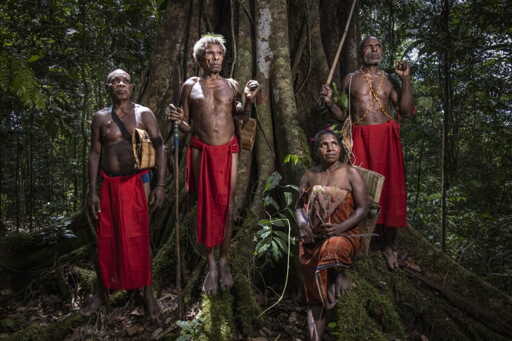BELÉM, Brazil — Indonesia has pledged to recognize the rights of Indigenous and customary communities to 1.4 million hectares, about 3.5 million acres, of forests by 2029. It’s a move the government says will help curb deforestation and protect Indigenous rights. Forestry Minister Raja Juli Antoni made the announcement Nov. 4 at the United for Wildlife Global Summit in Rio de Janeiro, where it was welcomed as a sign of progress. But back home, activists have panned it as yet another promise that will go unfulfilled by a government that continues to displace Indigenous peoples through its development projects. “Indigenous peoples are the true guardians of Indonesia’s tropical forests — the front line in protecting a sustainable and just planet,” Raja Juli wrote on his X account, adding that recognizing Indigenous rights can cut deforestation by 30-50%. If achieved, the plan would quadruple the area of officially recognized customary forests in Indonesia, home to the world’s third-largest expanse of tropical rainforest (after Brazil and the Democratic Republic of Congo). Yet Indigenous groups say the government has made similar pledges before, none of which have materialized. Instead, they say, land grabs for extractive and infrastructure projects — many of them backed by the state — persist, as do policies that make legal recognition difficult. “The Indonesian government always has big ambitions on climate and deforestation, but its policies are contradictory,” said Muhammad Arman, policy and human rights director at the Indigenous Peoples’ Alliance of the Archipelago (AMAN), the country’s main Indigenous…This article was originally published on Mongabay
From Conservation news via this RSS feed


